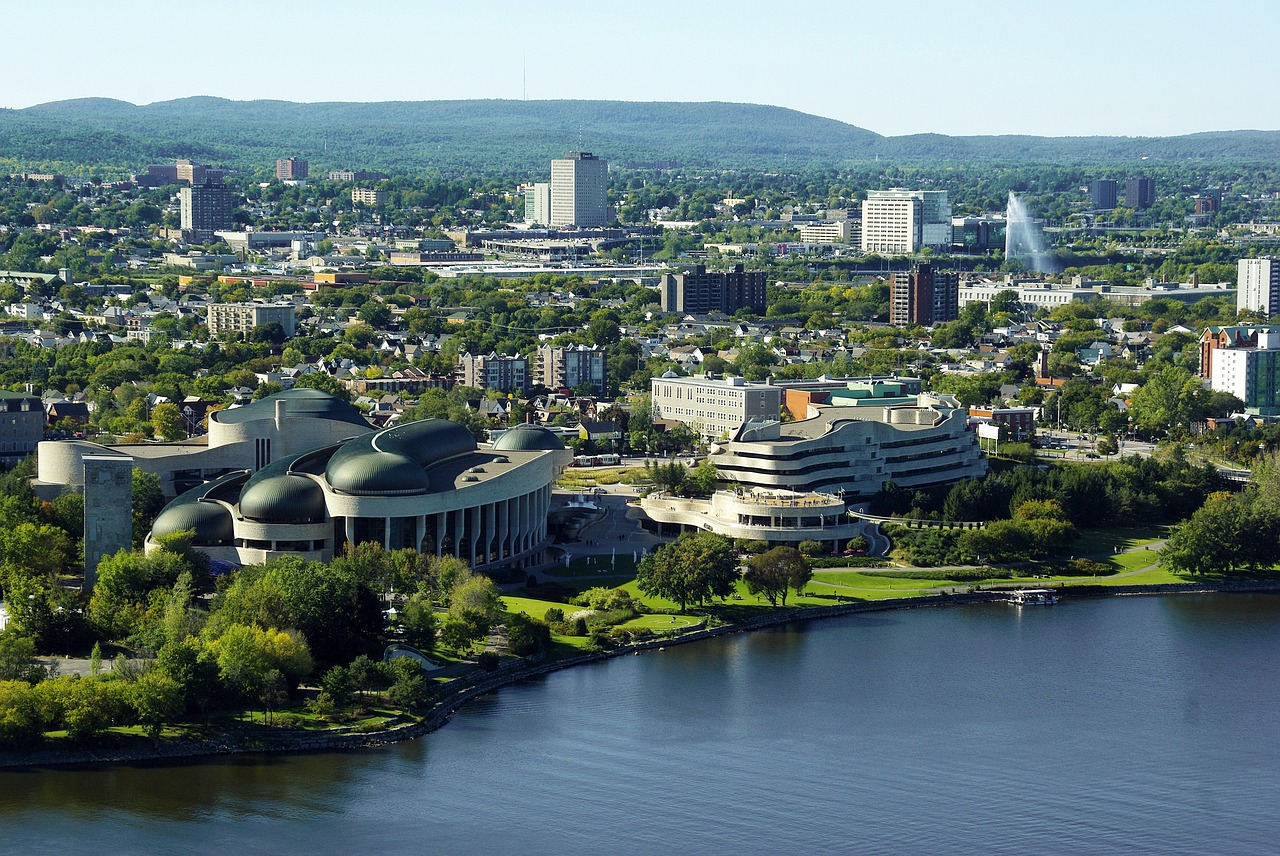Homes run on silent systems. Water arrives on demand, waste leaves without a thought, and heating keeps showers comfortable on cold mornings. People often notice plumbing only when it fails. That quiet success rests on the work of trained plumbers who combine hands-on skill, diagnostic thinking, and a grounded understanding of building physics. This article explains how plumbers (for example https://realgoodvalue.com) support household efficiency and safety, why their training matters, and what residents can ask to get better outcomes from every visit.
Why plumbing expertise matters to everyday life
Running water underpins hygiene and comfort. Reliable drainage preserves indoor air quality, prevents mold, and protects building materials. Gas lines, which many plumbers install and maintain, require precision to guard against leaks. With so much at stake, who would you trust more than a licensed expert who works on these systems daily and understands how one small blockage can trigger a chain of problems? The value becomes obvious the moment a pipe bursts or a drain backs up, yet the bigger story is about prevention and performance.
Plumbers bring that focus to every job. They read pressure changes, measure flow, and map where water travels inside walls and under floors. They also translate technical conditions into plain recommendations: a pressure-reducing valve to protect fixtures, a clean-out added to a tricky run, or a backflow device for a garden line. Clear advice today saves money tomorrow. Does your home benefit from that kind of assessment once a year?
Skill meets technology at the job site
The trade has moved far beyond wrenches and tape. Plumbers now rely on inspection cameras to see inside drains without demolition. Thermal imaging helps find hidden leaks behind tile or drywall. Pressurization tools verify whether a line holds steady after repair, which reduces repeat visits. Some professionals also program smart leak detectors that shut off the main supply at the first sign of abnormal flow. The goal remains simple: catch small faults early and keep water where it belongs.
Technology also speeds diagnosis. A camera run can reveal bellies in lines, root intrusion, or improper slope. With that evidence, the plumber can propose targeted fixes rather than broad, expensive work. The same principle works for water quality. On-site tests reveal hardness, pH, and sediment. Results guide solutions such as filtration or softening, which help appliances last longer and keep fixtures looking clean. Would your dishwasher work better if scale stayed out of its heating element?
Safety practices protect families and buildings
Every repair has a safety dimension. Soldering near wood requires fire protection and ventilation. Cuts into cast iron or concrete demand dust control. Work on gas lines calls for leak checks with approved solutions and instruments. Traps and vents need correct configuration to block sewer gases. Plumbers train to follow codes that arose from decades of lessons learned. Codes are not red tape; they are a record of what keeps buildings safe.
Consider cross-connection control. A simple hose submerged in a bucket can siphon contaminants into household lines if a pressure drop occurs. Backflow prevention stops that from happening. Professionals know which devices suit irrigation, boiler feeds, or commercial fixtures, and they test them on schedule. A small part protects an entire home or business—an elegant form of risk management worth asking about during a service call.
Sustainability starts with smart water use
Plumbers play a quiet role in conservation. Low-flow fixtures have improved in design, giving steady performance with less water. Pressure management reduces losses without affecting comfort. Leak detection eliminates waste that often goes unnoticed for months. Hot water recirculation shortens wait times at distant taps and reduces the volume sent down the drain while people wait for warmth. Each measure adds up.
Upgrades need not be complex. Aerators, modern shower valves, and replacement flappers in toilets often deliver quick savings. For larger gains, homeowners can consider heat pump water heaters, which use far less energy than standard electric models. Plumbers who work with these systems know how to size them, route condensate, and plan for electrical needs. The right installation supports lower bills and fewer emissions over many years.
Planning ahead prevents stress during emergencies
Water problems rarely arrive at a convenient hour. A burst supply line, a failed washing machine hose, or a clogged main stack can halt daily life. Prepared homes fare better. Every resident should know the location of the main shutoff and the quickest path a plumber will use to reach it. Up-to-date contact information for a trusted company shaves minutes off response time. Clear access to clean-outs improves the odds of restoring service quickly.
Plumbers who offer maintenance plans often include priority response. They also keep records of past visits and the layout of your system. With a history on file, a technician can arrive with the right parts and a plan. Would a small annual inspection fee be worth the confidence that help will arrive fast and with context already in hand?
What to ask during your next service visit
Homeowners get better results when they treat each visit as a chance to learn. Ask whether water pressure falls within recommended ranges. Request a quick review of shutoff valves for sinks, toilets, and appliances. Inquire about the age and condition of supply lines, especially to dishwashers and washing machines. If drains run slow, ask what the camera shows and how to correct slope or venting, not just clear a clog.
Good plumbers welcome informed questions. They share photos, explain code requirements, and outline options with pros and cons. They aim to prevent repeat problems and earn long-term trust. That partnership keeps homes efficient, safe, and ready for tomorrow—often without anyone noticing, which might be the highest compliment the trade can receive.





